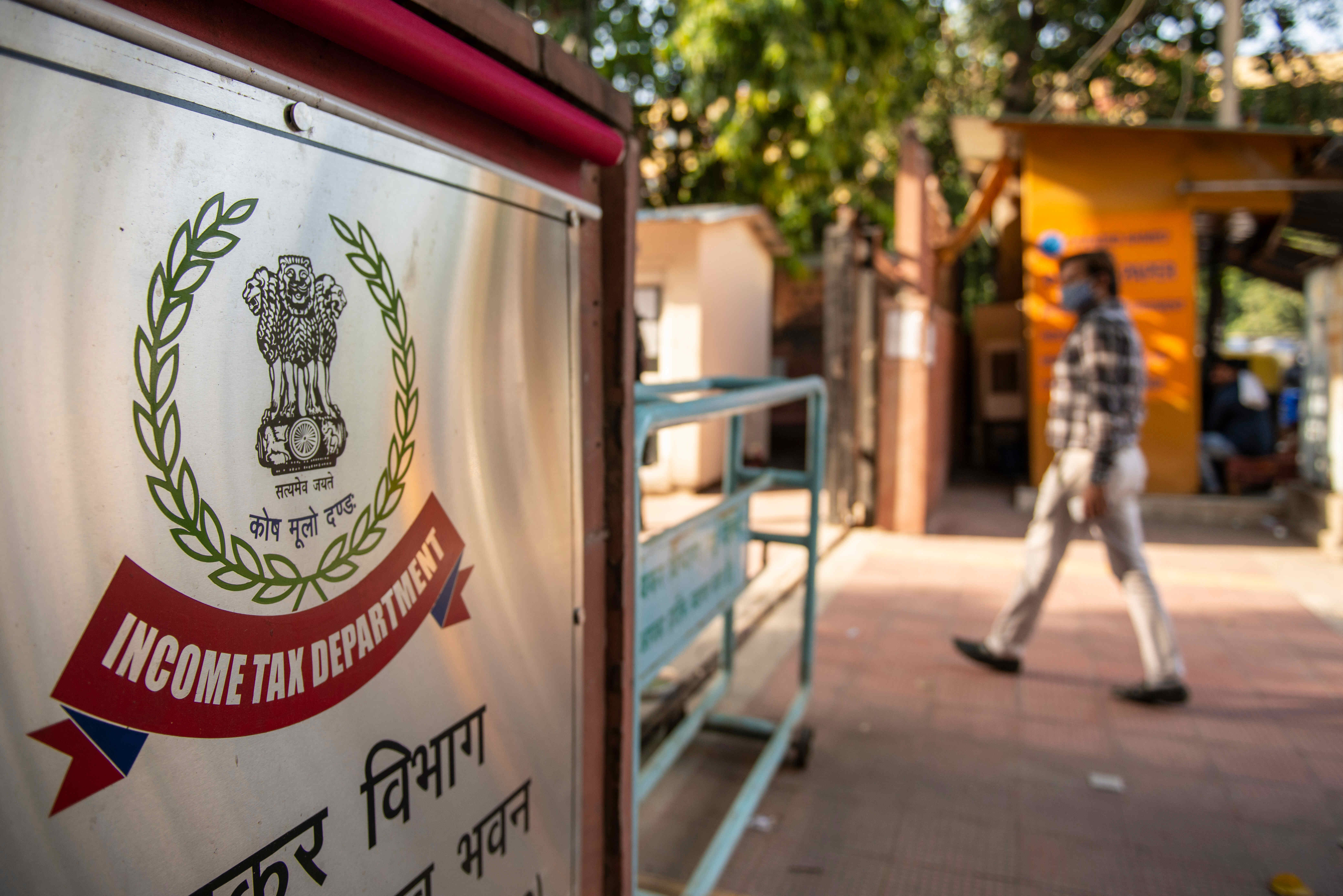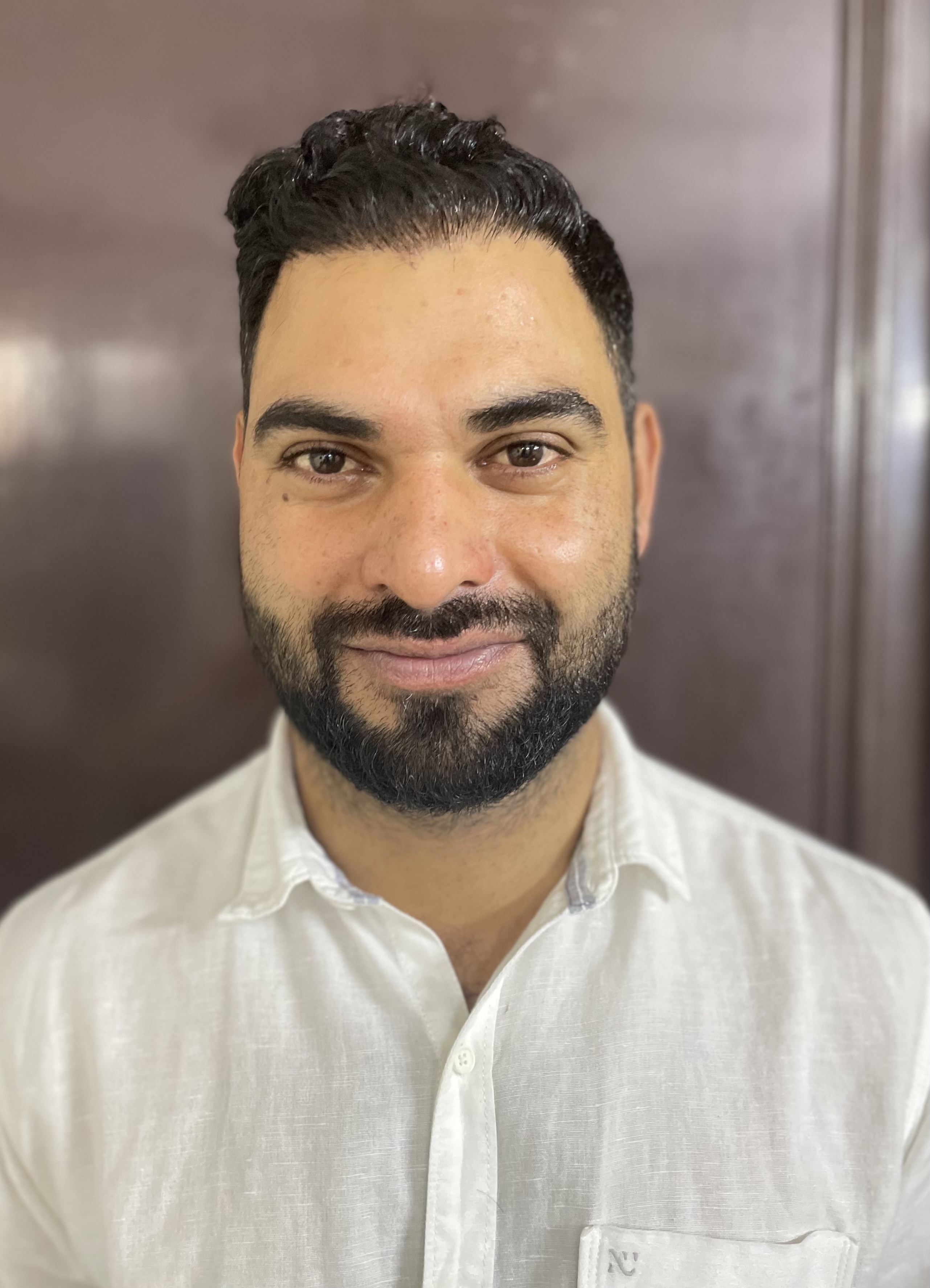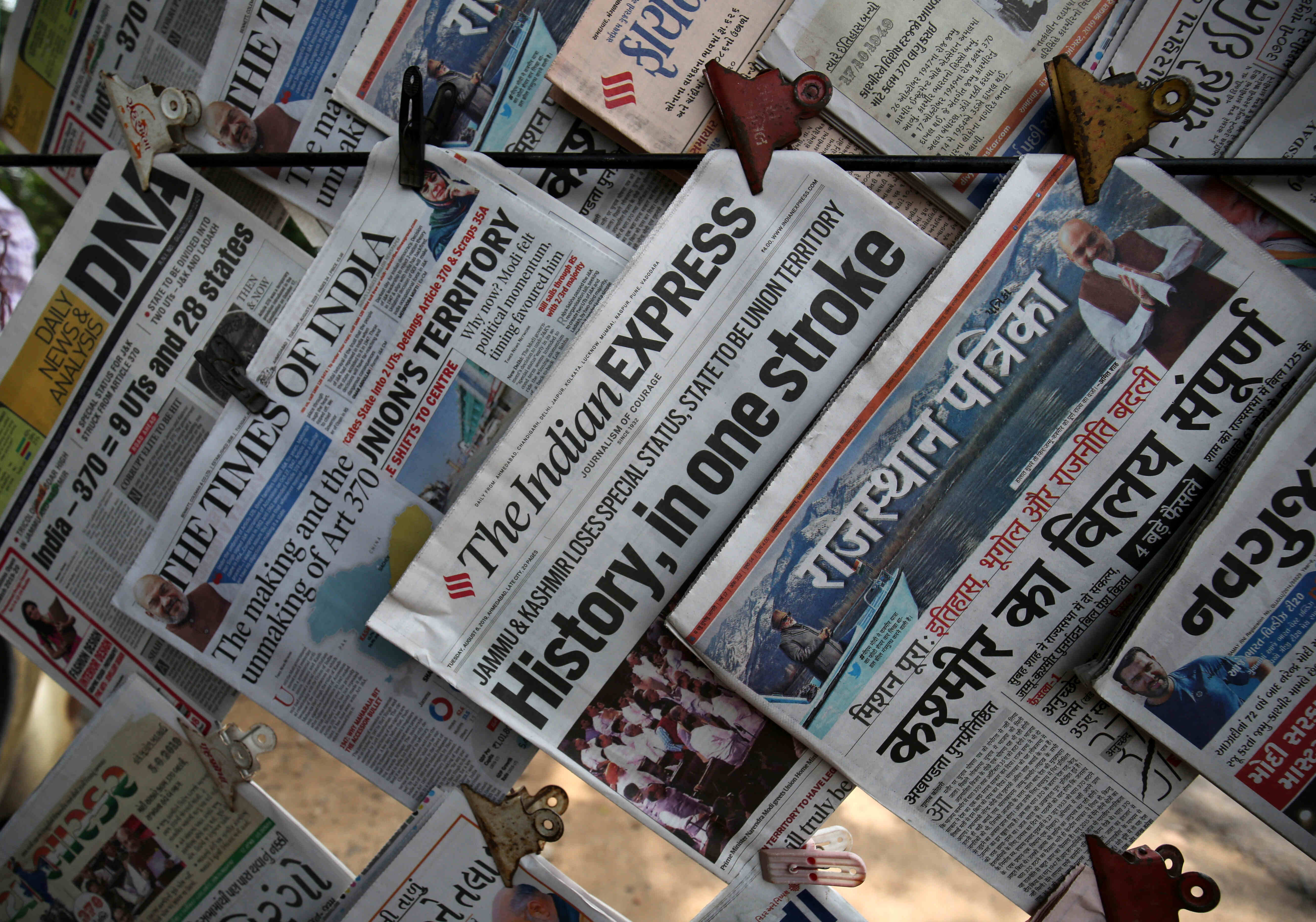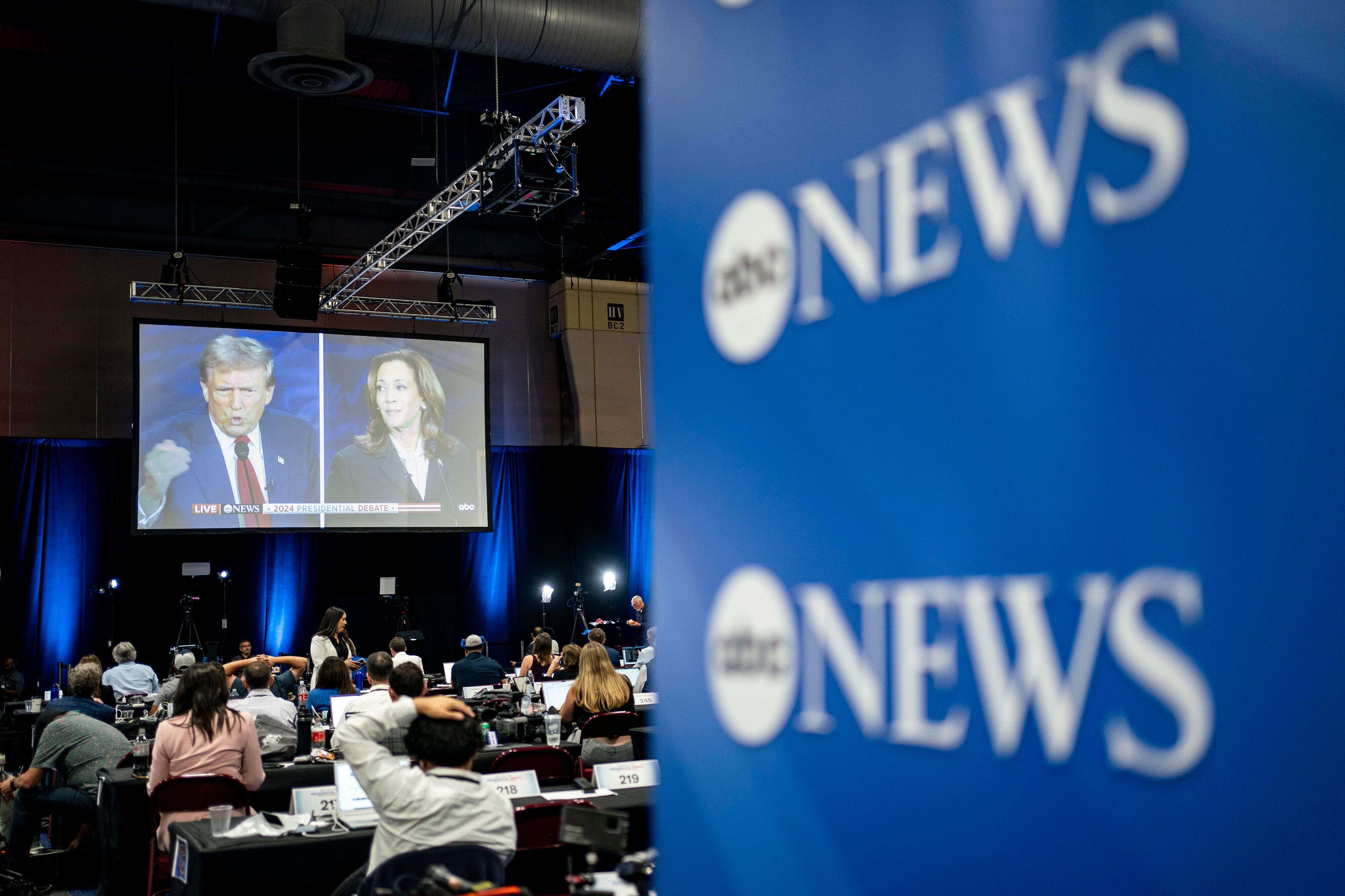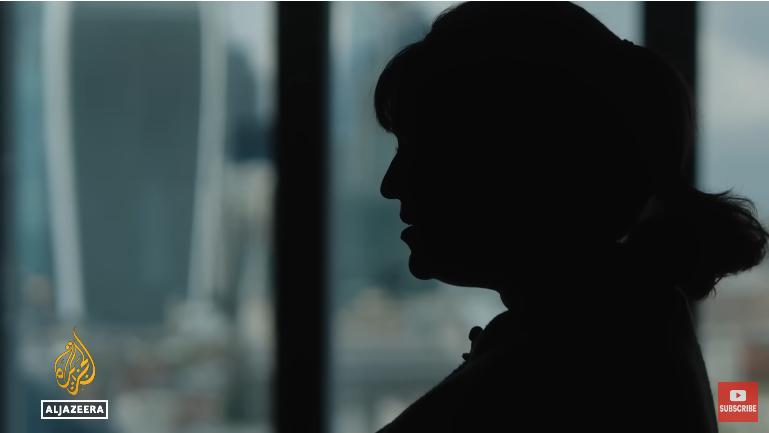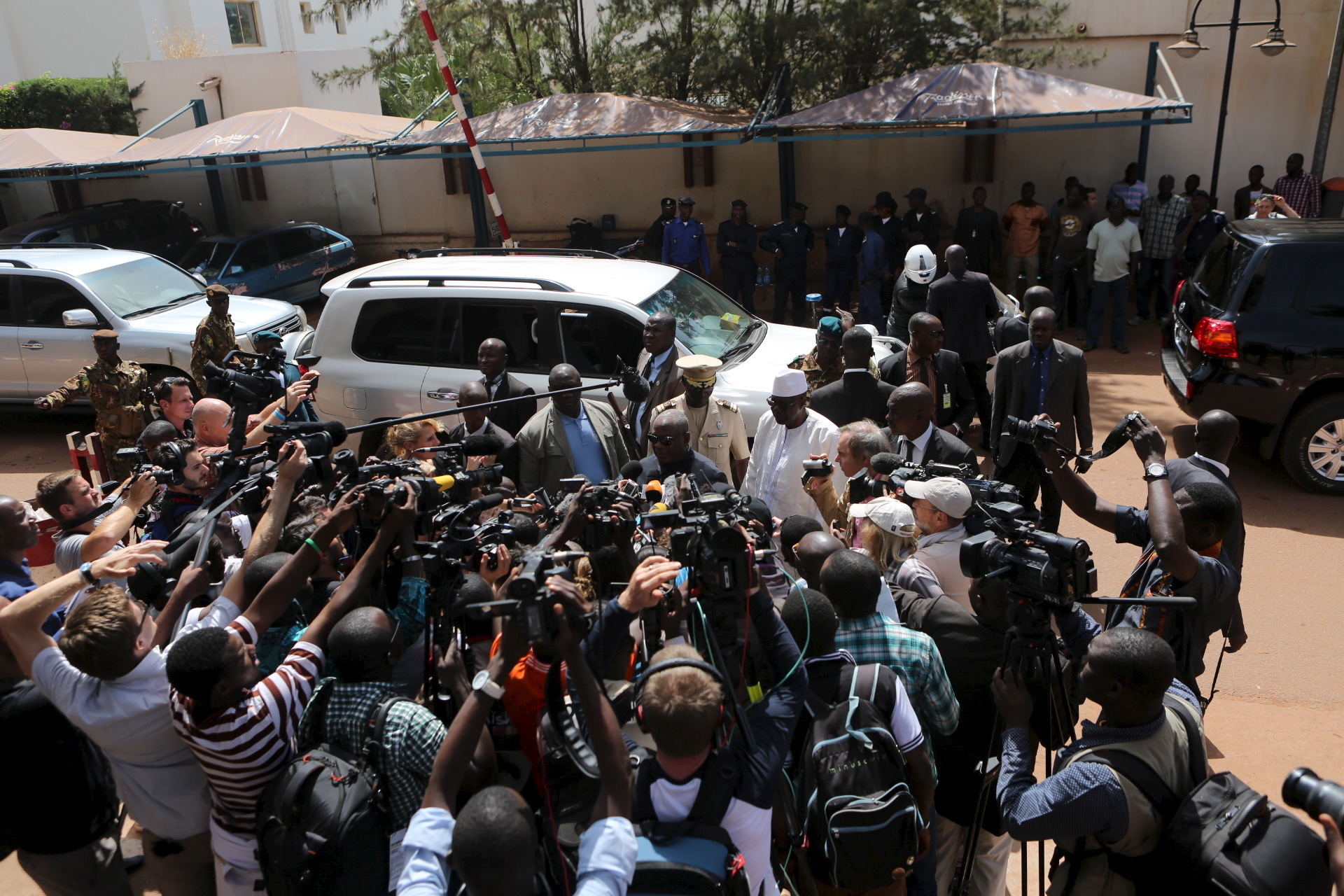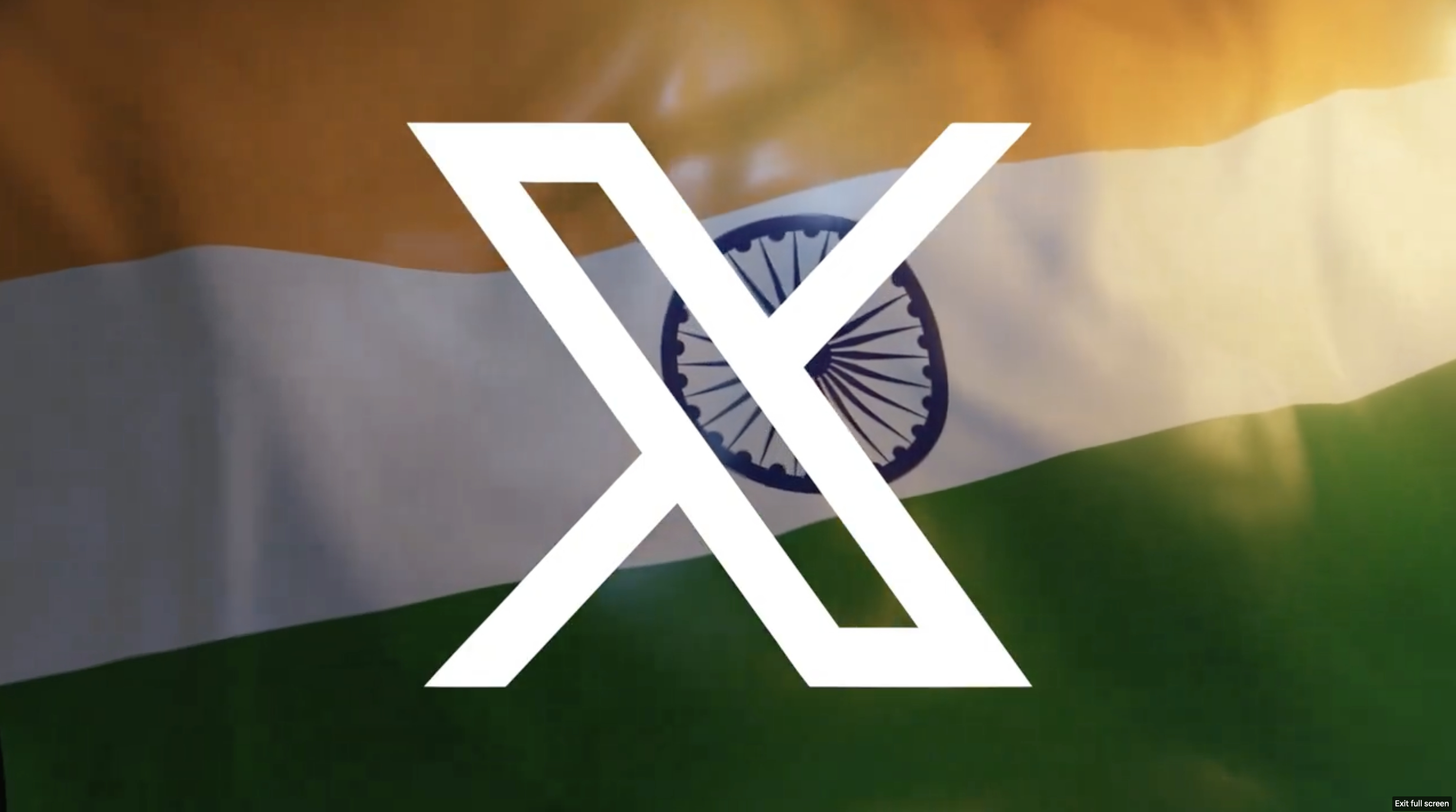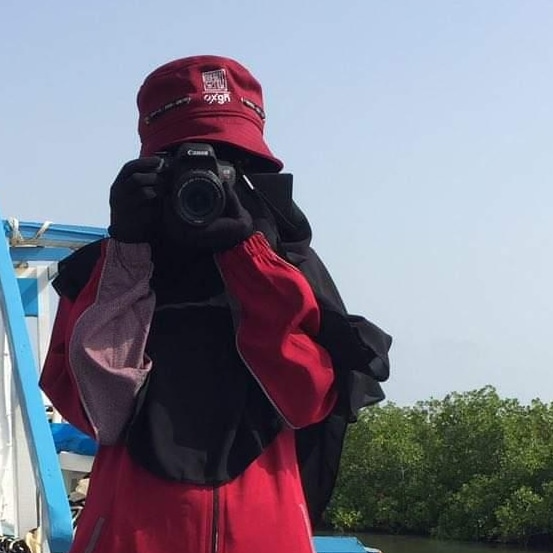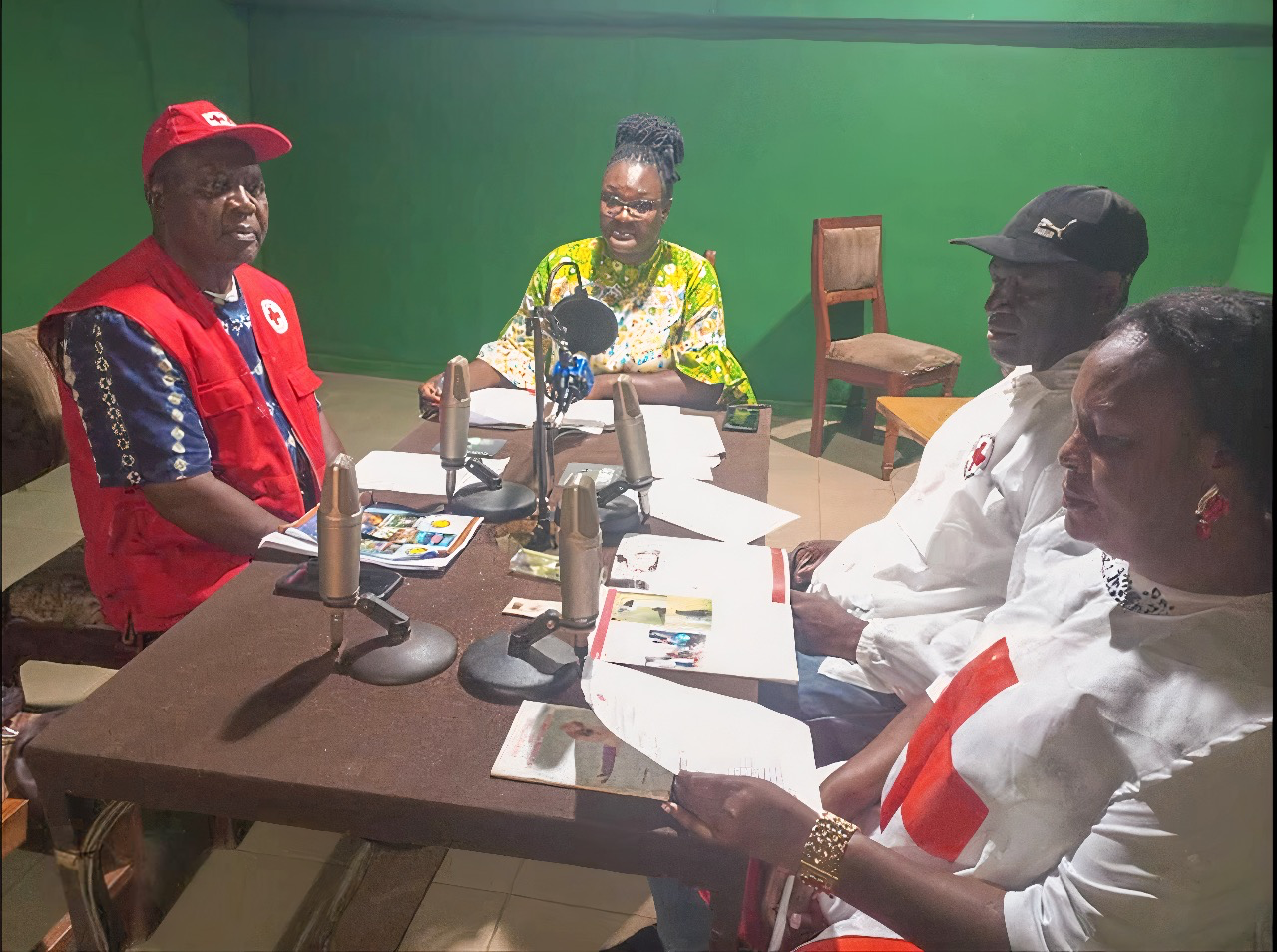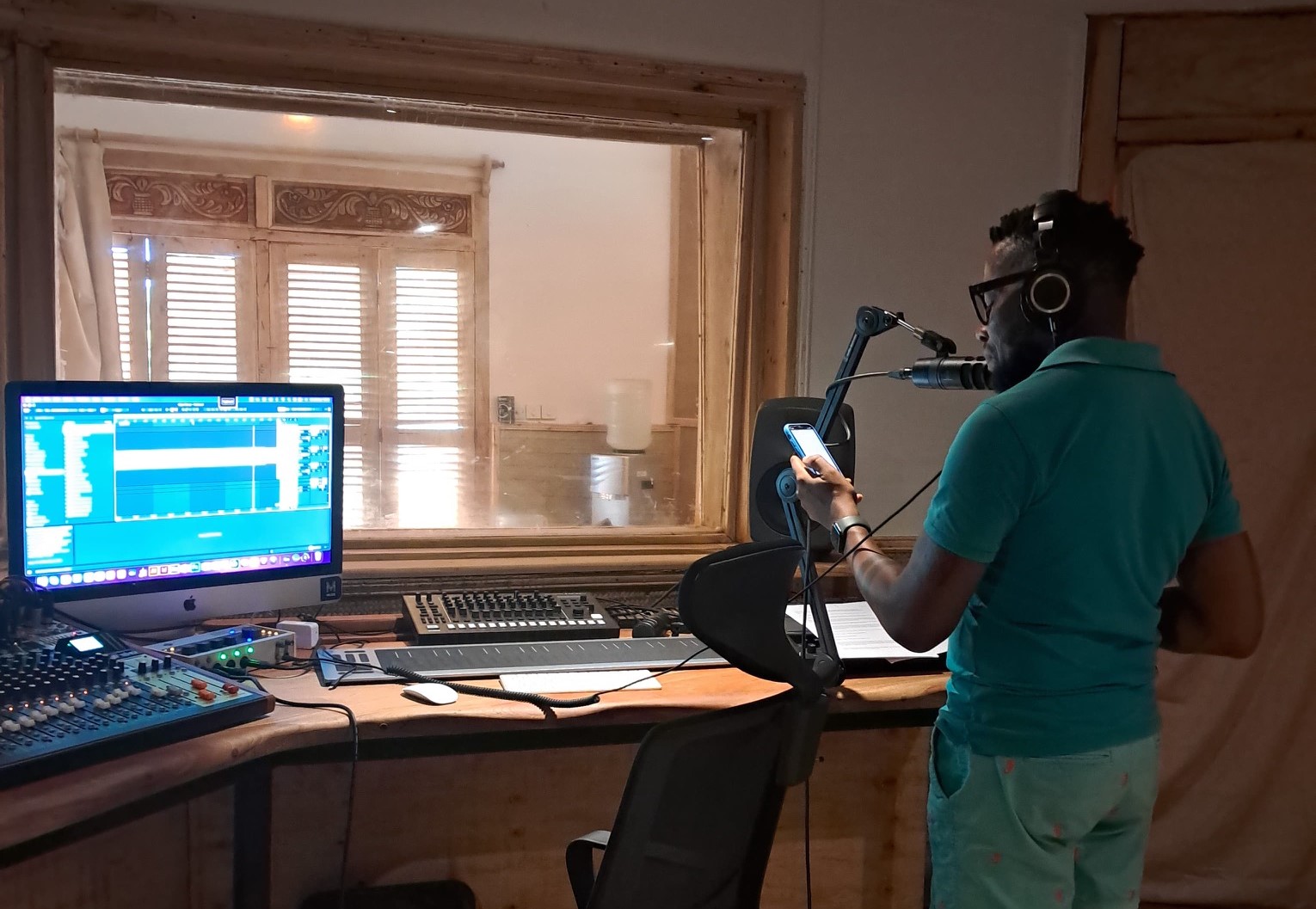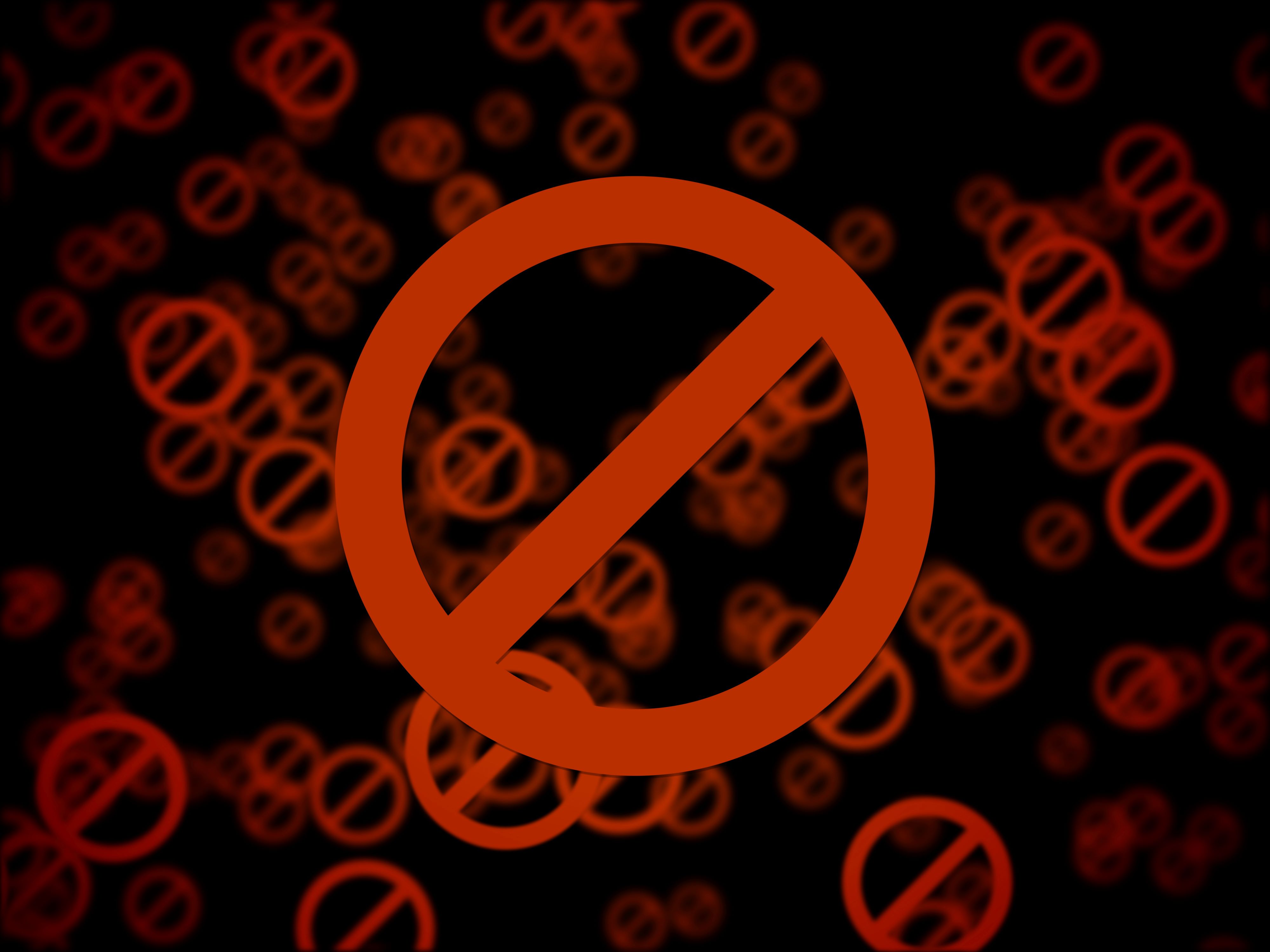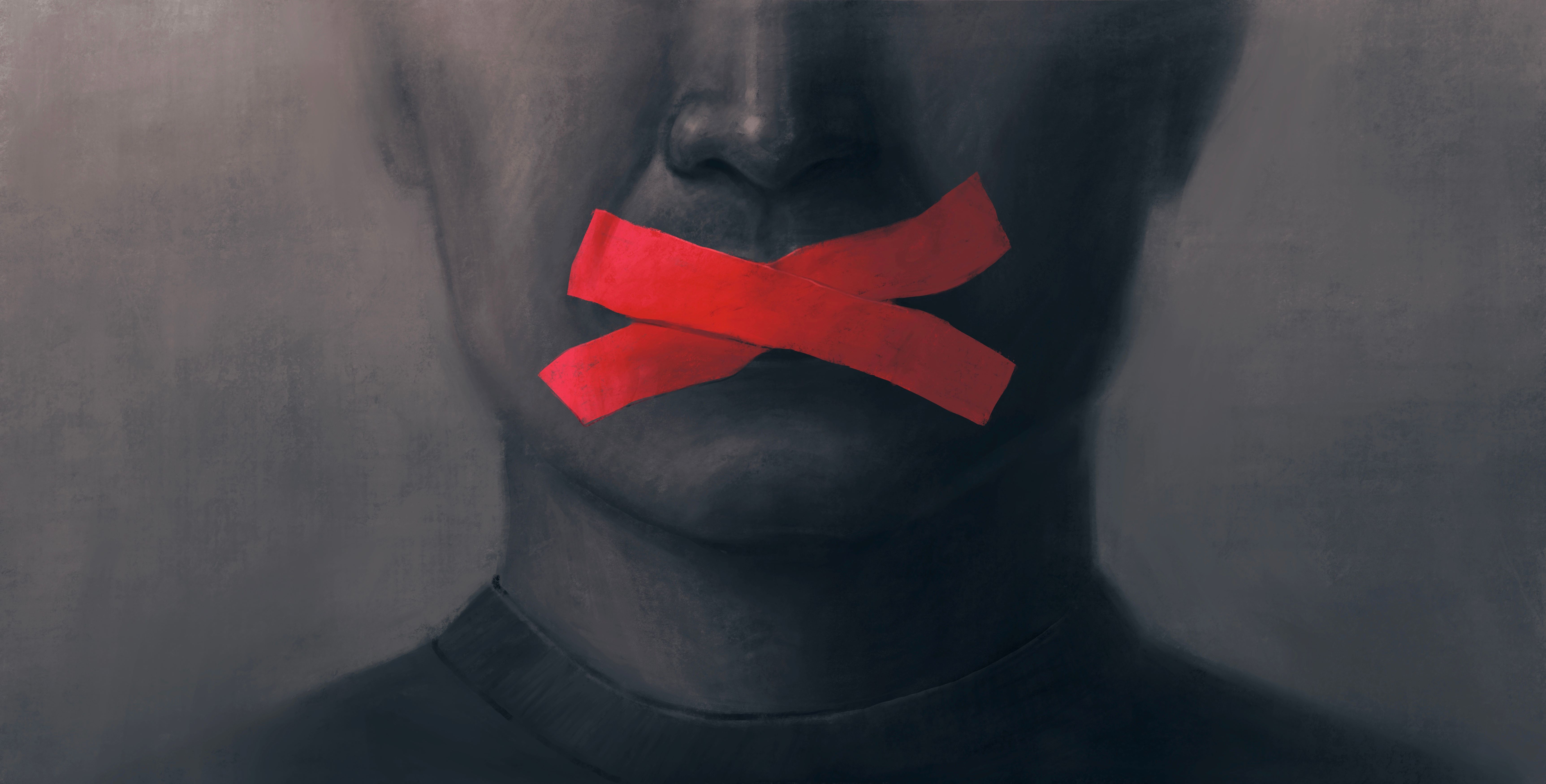بعد أن أعلنت صحيفة الغارديان البريطانية سحبها 13 تقريرا على موقعها الإلكتروني معترفة أن أحد الصحفيين المستقلين الذين كانوا يتعاونون معها كان قد استغل ثقة الصحيفة به وضمن تقاريره تصريحات مفبركة.
ورغم أنه كان بإمكان الغارديان أن تمسح تقاريره دون الاعتذار رسميا، إلا أنها فضلت أن تقدم اعتذارا لقرّائها عمّا أقدم عليه جوزيف مايتون، الصحفي الذي أقدم على "فبركة التصريحات" على ذمة الغارديان التي تعلّلت بأن مايتون لم يقدّم أدلّة كافية لتفنيد تلك الاتهامات.
وتفتح هذه الحادثة الجدال أمام عدد من القضايا المتعلّقة بأخلاقيات الصحافة ومسؤولية المواقع الصحفية في التحقق من الأخبار التي تصلها من مراسليها، ووسائل التحقق منها.
إذ لولا أن أشخاصا ادّعى مايتون مقابلتهم اتصلوا بالجريدة ونفوا أن يكون قد أُجريت معهم أي مقابلات لما تنبّهت الغارديان المعروفة بجدّيتها لتلك التلفيقات التي تعتبر أخطاء فادحة في الممارسة الصحفية.
على المستوى العربي والعالمي لم نسمع باعتذار كهذا من أي صحيفة أو موقع إخباري، ولسنا متأكدين إن كان ذلك لأن حدثا كهذا لم يتكرر أم بسبب غياب جرأة الوسائل الإعلامية عن الاعتراف بخطأ قد وقعت فيه لم يخرج للعلن إلا عن طريقها، بمعنى أنها لم تضطر للاعتذار تحت ضغط ما بل رغبة منها بالتأكيد على إخلاصها لركائزها المهنية.
من جهة أخرى، زاد صمت مايتون وعدم رده (حسب الغارديان) من تصديق رواية الأخيرة، التي أكدت أنها حاولت التواصل معه لمدة شهر دون أن يستجيب كما ذهبت للجانب العملي بإخضاع تقاريره للتحقق وحذف ما وجدته من "فبركات"، والإبقاء على تقارير أخرى لم يثبت أنه ارتكب أخطاء في إعدادها.
من ضمن التقارير ثمة تقريران عن مناسبتين قالت الغارديان إن مايتون لم يحضرهما أصلا.. تصريح يضعنا أمام سؤال كبير عن كمّ التقارير الصحفية التي ينجزها كثير من الصحفيين عن نشاطات وفعاليات وأحداث استطاعوا التقاط أخبارها من أشخاص حضروا أو من وسائل التواصل الاجتماعي أو من مصادر أخرى دون أن يكونوا هم أنفسهم شهودا عليها.
المسألة لا تتعلق فقط بالصحفي نفسه بل بالمؤسسة الإعلامية التي تتغاضى أحيانا عن مصادر الصحفي بسبب "السبق الصحفي" الذي ارتبط معناه مؤخرا "بالسرعة" وليس "بالدقة" أو بـ"تناول قضايا جديدة وإبرازها خلال تناول الموضوعات الصحفية".






